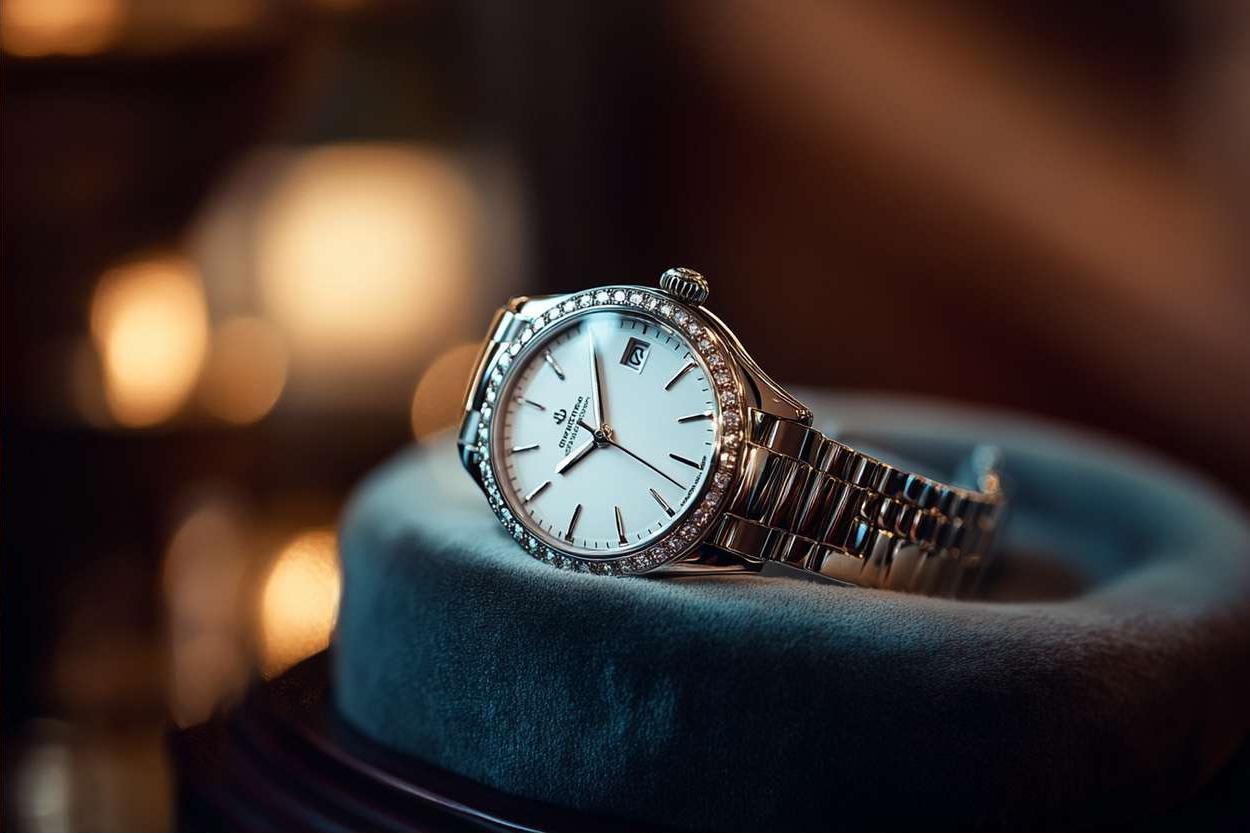Learn About Police Seized Watch Auctions & Key Considerations
Police seized watch auctions offer unique opportunities to acquire luxury timepieces at potentially lower prices than retail. These events feature watches confiscated during criminal investigations and legal proceedings, subsequently sold to recoup costs or generate revenue for law enforcement agencies. Understanding how these auctions work and what to consider before participating can help collectors make informed decisions.

Police seized watch auctions represent an intriguing alternative marketplace for luxury timepiece enthusiasts. These auctions feature watches confiscated by law enforcement agencies during criminal investigations, asset forfeitures, or other legal proceedings. While they can present opportunities to acquire high-end watches at competitive prices, they also come with unique considerations that potential buyers should understand before participating.
What Are Police Seized Watches?
Police seized watches are timepieces confiscated by law enforcement agencies during criminal investigations or through asset forfeiture proceedings. These watches often come from cases involving financial crimes, drug trafficking, or other illegal activities where authorities have determined the items were purchased with illicitly obtained funds or were directly involved in criminal activity. Once legal proceedings conclude and ownership is officially transferred to the government, these items become eligible for public auction.
The quality and variety of seized watches can vary significantly. Some auctions may feature genuine luxury brands like Rolex, Omega, Patek Philippe, and Audemars Piguet, while others might include counterfeit pieces or watches of lesser value. The provenance of these timepieces is typically documented through police records, though the level of detail provided can vary by jurisdiction and the specific circumstances of the seizure.
Benefits of Police Seized Watch Auctions
One of the primary attractions of police seized watch auctions is the potential for significant cost savings. Because these auctions aim to liquidate assets rather than maximize profit margins, winning bids can sometimes be considerably lower than retail prices or even secondary market values. This creates opportunities for collectors and enthusiasts to acquire luxury timepieces at favorable prices.
Another advantage is the possibility of finding rare or discontinued models that might otherwise be difficult to source through traditional retail channels. Law enforcement seizures can occasionally yield unique timepieces that have been out of production for years or limited editions that rarely appear on the market. For serious collectors, these auctions can provide access to watches that might otherwise remain inaccessible.
Additionally, many police auctions are now conducted online, increasing accessibility for interested buyers regardless of their geographic location. This democratization of the auction process allows more people to participate and potentially benefit from these unique purchasing opportunities.
Pros and Cons Of Police Seized Watches
When considering police seized watches, potential buyers should weigh several advantages and disadvantages. On the positive side, these timepieces often come with verified authenticity documentation when they are genuine luxury items. Law enforcement agencies typically work with experts to authenticate high-value items before auction, reducing (though not eliminating) the risk of purchasing counterfeits.
However, these watches frequently lack original packaging, warranty cards, or complete documentation that would normally accompany a retail purchase. This absence can affect both the immediate user experience and the long-term resale value of the timepiece. Collectors who value complete sets might find this aspect particularly problematic.
Another consideration is the condition of the watches. Unlike retail purchases, seized watches have usually been previously owned and may show signs of wear or require servicing. While some may be in excellent condition, others might need immediate attention from a watchmaker, adding to the overall cost of acquisition.
Key Considerations Before Getting Police Seized Watches
Before bidding on police seized watches, thorough research is essential. Potential buyers should familiarize themselves with the specific auction platform’s rules, payment requirements, and return policies (if any). Many police auctions are conducted on an “as-is” basis with no returns accepted, making pre-purchase due diligence particularly important.
Authentication is another crucial consideration. While government auctions generally attempt to verify authenticity, the expertise level of those conducting these assessments may vary. If possible, request detailed photographs and ask questions about specific aspects of the watch that could help confirm its authenticity. For high-value purchases, some buyers choose to attend in-person viewings when available.
Understanding the watch’s service history—or lack thereof—is also important. Luxury watches require regular maintenance, and without documentation, it’s difficult to know when a timepiece was last serviced. Buyers should budget for potential service costs, which can be substantial for high-end watches.
Police Seized Watch Auctions Insights and Pricing
Police seized watch auctions operate differently across jurisdictions, with varying procedures, transparency levels, and accessibility. Some are conducted by government agencies directly, while others are managed by contracted auction houses or online platforms. Understanding the specific format and rules of the auction you’re interested in is essential for successful participation.
| Auction Type | Typical Price Range | Key Features | Potential Savings |
|---|---|---|---|
| Federal Marshal Service | $1,000 - $50,000+ | Higher-end luxury watches, more thorough authentication | 20-40% below retail |
| Local Police Departments | $500 - $15,000 | More varied selection, less rigorous authentication | 30-60% below retail |
| Online Government Auctions | $800 - $30,000 | Wider accessibility, variable authentication standards | 25-50% below retail |
| Contracted Auction Houses | $1,200 - $100,000+ | Professional presentation, better documentation | 15-35% below retail |
Prices, rates, or cost estimates mentioned in this article are based on the latest available information but may change over time. Independent research is advised before making financial decisions.
The bidding process itself requires strategic thinking. Setting a maximum budget before the auction begins helps prevent emotional bidding that exceeds your intended investment. Remember that final prices often include buyer’s premiums (additional fees charged by the auction house) that can add 10-25% to your winning bid amount.
Competition at these auctions varies widely depending on the items available and the publicity surrounding the event. High-profile cases featuring luxury watches often attract more attention and competitive bidding, potentially diminishing the price advantage. Less publicized auctions might offer better opportunities for value-conscious buyers.
When evaluating potential purchases, consider the watch’s market liquidity if future resale is important to you. Some brands and models maintain value better than others, and factors like condition, completeness of documentation, and provenance can significantly impact resale potential.
Police seized watch auctions present a unique opportunity for watch enthusiasts to acquire luxury timepieces at potentially advantageous prices. However, these opportunities come with distinct challenges and considerations that differ from traditional retail or even conventional secondary market purchases. By understanding the nature of these auctions, conducting thorough research, and approaching the process with realistic expectations, buyers can make informed decisions that align with their collecting goals and budget constraints.




